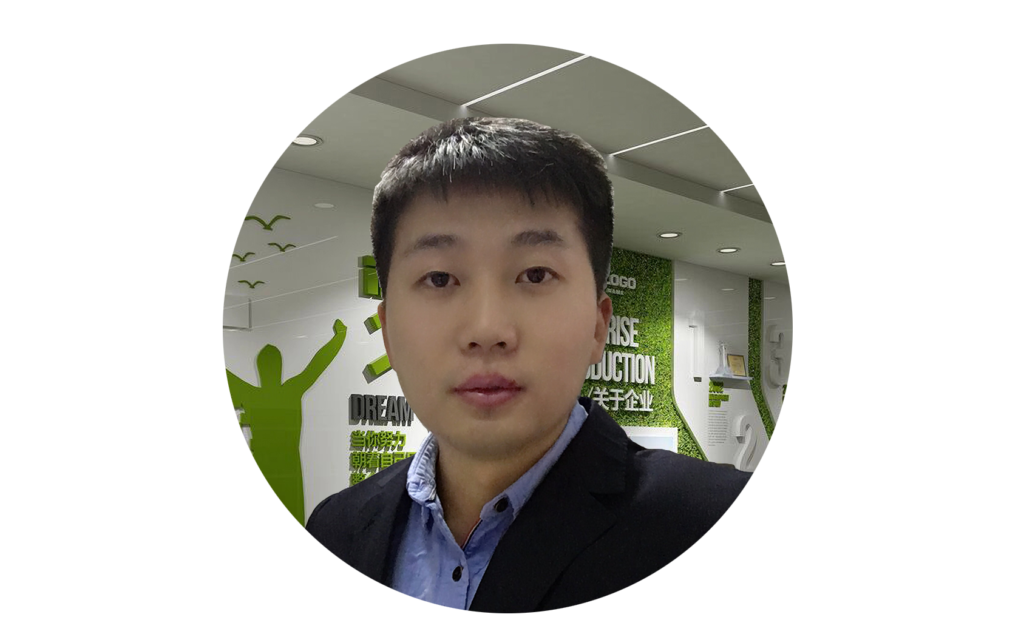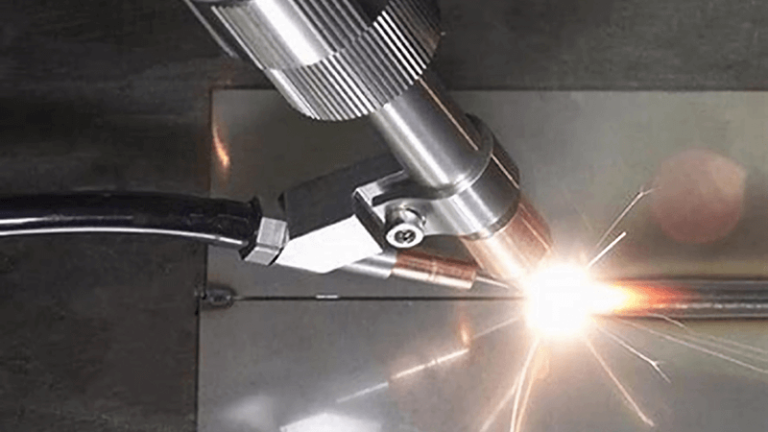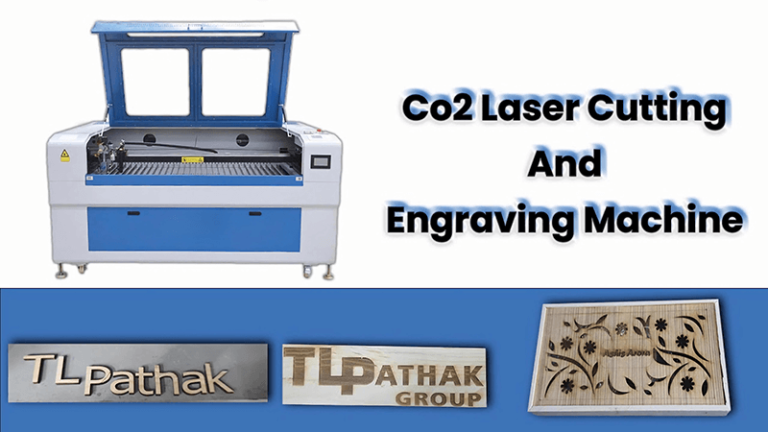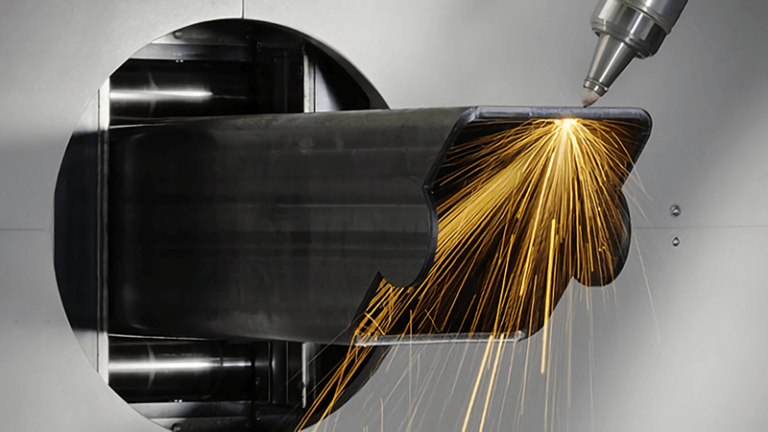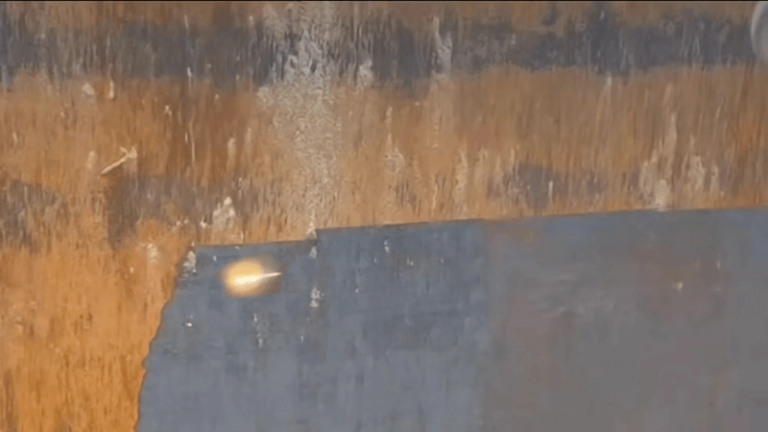When people look for a fiber laser machine, they often face confusion. Many models, many specs, and many promises. The wrong choice can cause wasted money and poor results. The right one can transform your production.
The best fiber laser machine is one that balances power, stability, and precision. A fiber laser with good beam quality, reliable cooling, and flexible settings is best for consistent and crisp results.
I know that buyers want clear answers. In this article, I share my own insights from working with Kirin Laser and partners worldwide. I will guide you step by step through the common questions that most buyers ask.
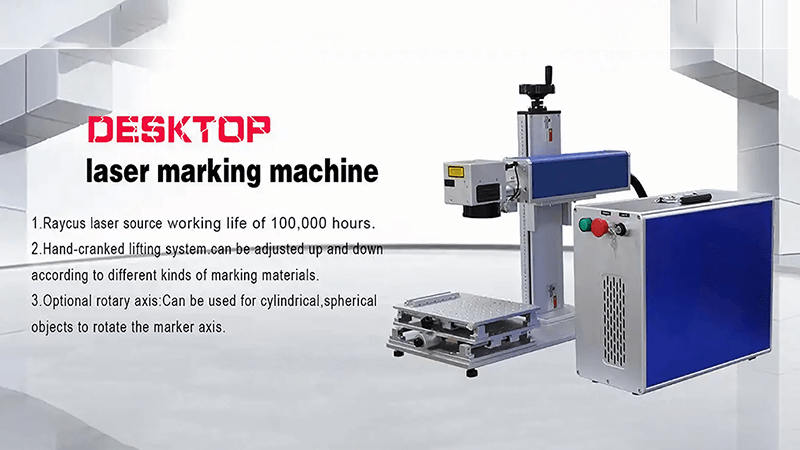
Which is the best fiber laser marking machine?
Many buyers want to avoid errors. They often test cheap machines first, but they face poor beam quality or unstable operation. This leads to wasted time and low efficiency.
The best fiber laser marking machine is one that combines stable power output, advanced cooling, and fine-tuned pulse control. Machines from Kirin Laser offer these features, with reliable OEM options for distributors worldwide.
Beam quality and consistency
The key factor is the beam quality1. A low M² value means the beam is round and clean, which makes markings sharp and clear. With poor quality, logos can look fuzzy or uneven.
Cooling system and stability
Cooling is often ignored, but it defines reliability. A stable water or air cooling system2 ensures that the machine runs for hours without power drop or burning.
Control and flexibility
Adjustable pulse frequency gives you freedom. When you mark metals, plastics, or coated materials, you can fine-tune the machine to prevent burns or faint lines. My experience with a partner in stainless steel parts proved this point. They reduced scrap by 30% once we installed a Kirin Laser fiber marker with strong control systems.
Supplier trust and support
It is not only about the machine. Technical support, training, and after-sales care matter. Kirin Laser focuses on long-term cooperation, helping partners like John Smith in the U.S. to manage rebranding and distribution.
| Factor | Why it matters | Kirin Laser solution |
|---|---|---|
| Beam quality (M²) | Sharp, even logos without burns | Low M² fiber source with crisp results |
| Cooling system | Stable performance during long runs | Industrial-grade water/air cooling |
| Pulse frequency | Control for different materials | Adjustable range for metals and plastics |
| After-sales support | Reduce downtime and training costs | Remote and on-site support |
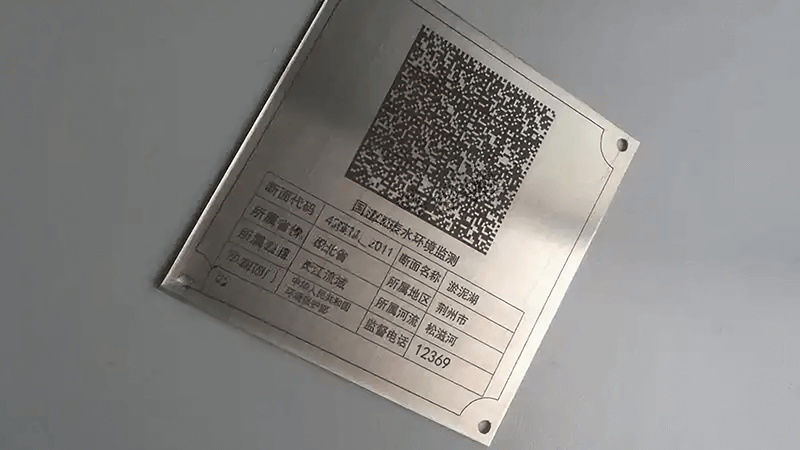
Which is better, CO2 or fiber laser engraver?
When people compare fiber and CO2, they often start with price. But the real decision depends on the material and job.
Fiber laser engravers are better for metals, plastics, and high-precision marks. CO2 lasers are better for wood, leather, and organic materials.
Material suitability
Fiber lasers3 handle reflective materials like stainless steel, aluminum, brass, and titanium. Their wavelength is absorbed by metals, making them ideal for fine logos and barcodes. CO2 lasers4, with longer wavelength, are not efficient for metals but work well on wood, glass, and fabrics.
Speed and precision
Fiber machines mark faster on metals because of higher absorption rates. CO2 may need coatings or prep work, which slows production.
Maintenance and lifespan
Fiber sources last longer (often 100,000 hours) compared to CO2 tubes (10,000–20,000 hours). For industrial buyers, that difference means years of reliable use without frequent replacements.
Cost vs long-term value
CO2 may look cheaper at first. But when marking metals, you will waste time and effort. Fiber gives more value because it reduces errors and downtime.
| Laser Type | Best Materials | Lifespan | Cost Range | Industrial Use Case |
|---|---|---|---|---|
| Fiber | Metals, plastics, ceramics | ~100,000 hrs | Medium-High | Barcodes, logos, serial numbers |
| CO2 | Wood, leather, glass | 10–20,000 hrs | Low-Medium | Signs, crafts, organic engraving |
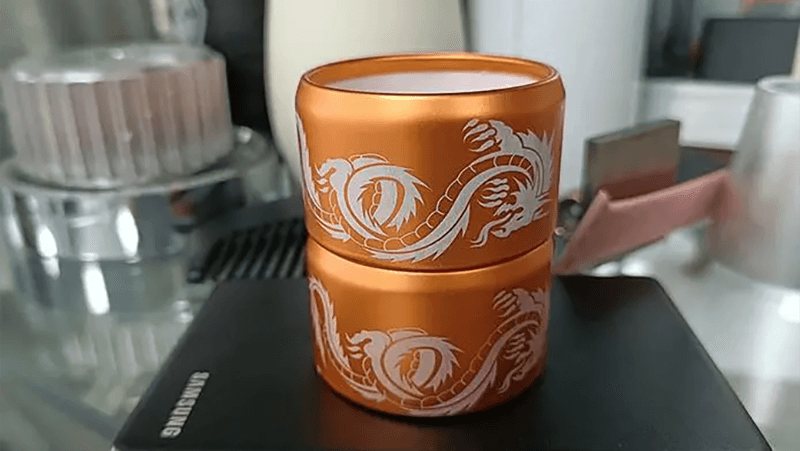
What is the best wattage for engraving?
Some people believe higher wattage is always better. But this is not true. The right wattage depends on your material and depth needs.
For surface engraving on metals and plastics, 20–30W fiber lasers are best. For deep engraving or high-speed work, 50–100W machines are better.
Light duty engraving
If you engrave plastic tags, small tools, or coated surfaces, 20–30W is enough. It saves energy and reduces costs.
Industrial marking
When marking steel parts, auto components, or doing deep logos, 50W and above are better. They deliver power to go deeper without multiple passes.
Precision vs depth
Higher wattage is not always more precise. Sometimes lower power gives cleaner results. With Kirin Laser machines5, you can balance speed and depth with fine control.
My story with wattage choice
One of my clients insisted on 100W for all jobs. But when they switched to 30W for plastic parts6, they achieved cleaner marks, faster setup, and saved electricity. Matching wattage to material is key.
| Wattage Range | Best Use Cases | Pros | Cons |
|---|---|---|---|
| 20–30W | Plastics, coated metals, surface marks | Low cost, high precision | Not for deep engraving |
| 50–70W | Deeper metal engraving, faster speed | Balanced power and depth | Higher cost |
| 100W+ | Heavy industry, deep logos, cutting | Strong power, faster deep marks | Less precise on thin materials |
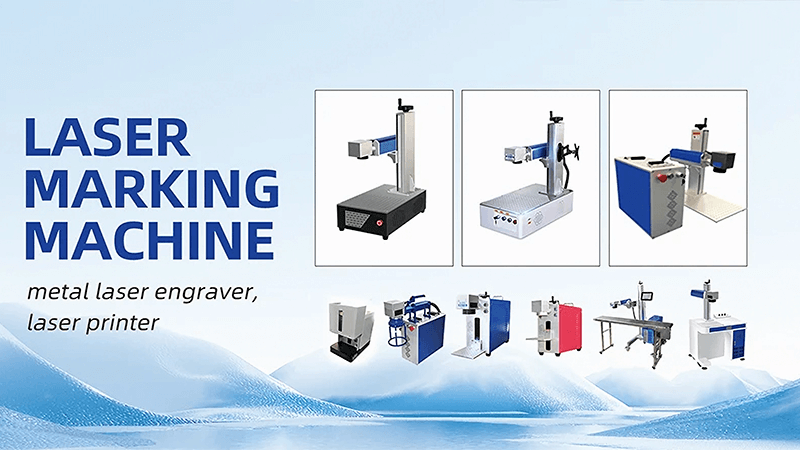
How many watt fiber laser do I need?
This is one of the most asked questions. Buyers often fear wasting money on too much power or not enough.
You need to match wattage to your main materials and job size. Small parts and plastics need 20–30W. Metal parts and industrial logos need 50–100W. Heavy-duty deep marking needs 100W+.
Matching your business model
Distributors and OEMs should ask: what do your customers engrave most? If they do stainless steel logos7, 50W is safe. If they work with mixed plastics and metals, a 30W is more flexible.
Scaling for growth
Some buyers think only about today’s need. But planning for tomorrow’s jobs is smart. If your volume grows or you add new materials, extra wattage gives space for expansion.
Kirin Laser’s OEM approach
We design machines that cover broad ranges of materials. With adjustable settings8, even a 50W machine can be tuned for lighter work. This helps wholesalers like John Smith rebrand and sell machines that fit multiple customer needs.
| User Type | Recommended Wattage | Reason |
|---|---|---|
| Small shop | 20–30W | Cost saving, clean marks on light jobs |
| Industrial plant | 50–100W | Fast, deep engraving on metals |
| Heavy industry | 100W+ | Deep logos, long runs, high-volume demand |
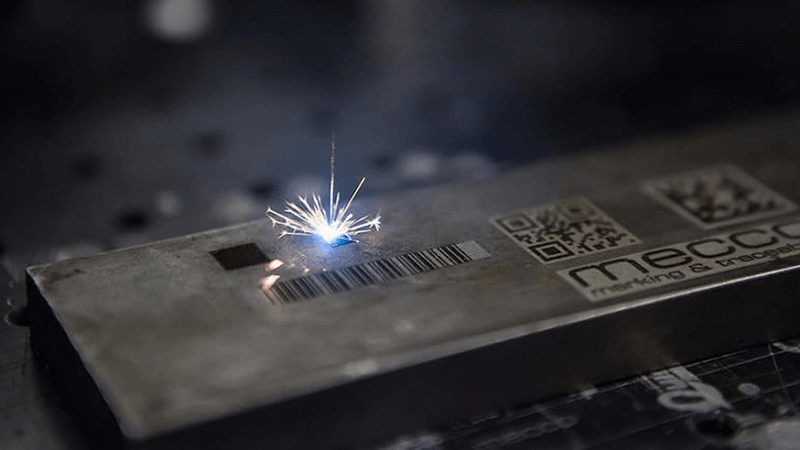
Conclusion
The best fiber laser machine9 is not about the biggest wattage or lowest price. It is about balance. You need precision, stability, and support. Kirin Laser provides fiber lasers with advanced beam quality, strong cooling, and fine-tuned controls. With the right choice, you cut waste, increase speed, and gain long-term value in your marking process.
-
Understanding beam quality is crucial for achieving sharp and clear markings, enhancing your laser marking projects. ↩
-
Explore how a reliable cooling system can improve the performance and longevity of your laser engraving machine. ↩
-
Explore the benefits of Fiber lasers for industrial use, including efficiency and material compatibility. ↩
-
Learn about the materials that CO2 lasers excel at processing, enhancing your understanding of their applications. ↩
-
Discover how Kirin Laser machines offer fine control to balance speed and depth for precise engraving across various materials. ↩
-
Discover how using 30W lasers for plastic engraving can enhance precision, reduce setup time, and save energy, optimizing your engraving process. ↩
-
Explore this link to learn effective techniques for engraving stainless steel logos, ensuring quality and precision. ↩
-
Discover how adjustable settings enhance engraving machines' versatility, making them suitable for various materials and applications. ↩
-
Find the best laser marking machine and laser marking solutions from Kirin Laser, clicking this link to get all your needs. ↩

